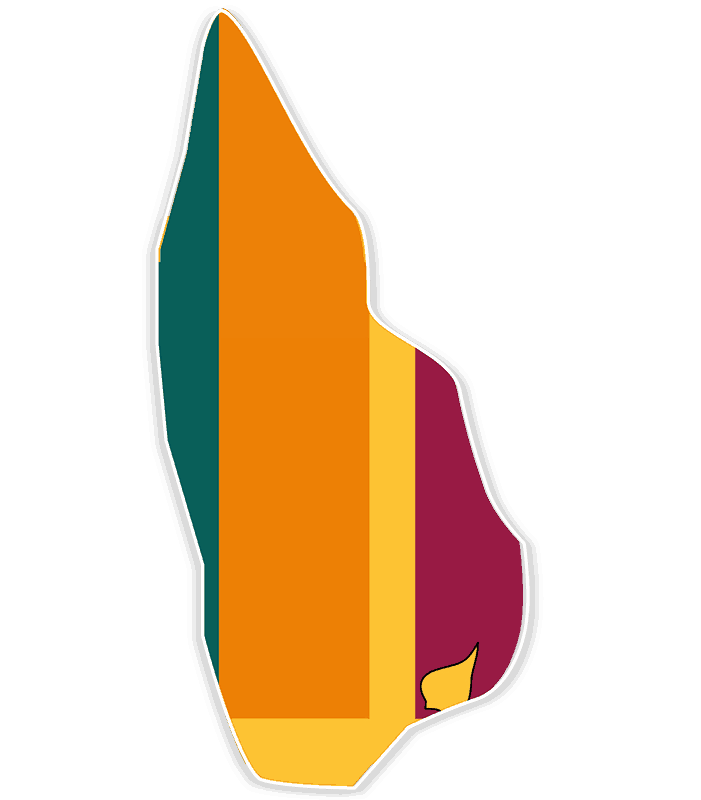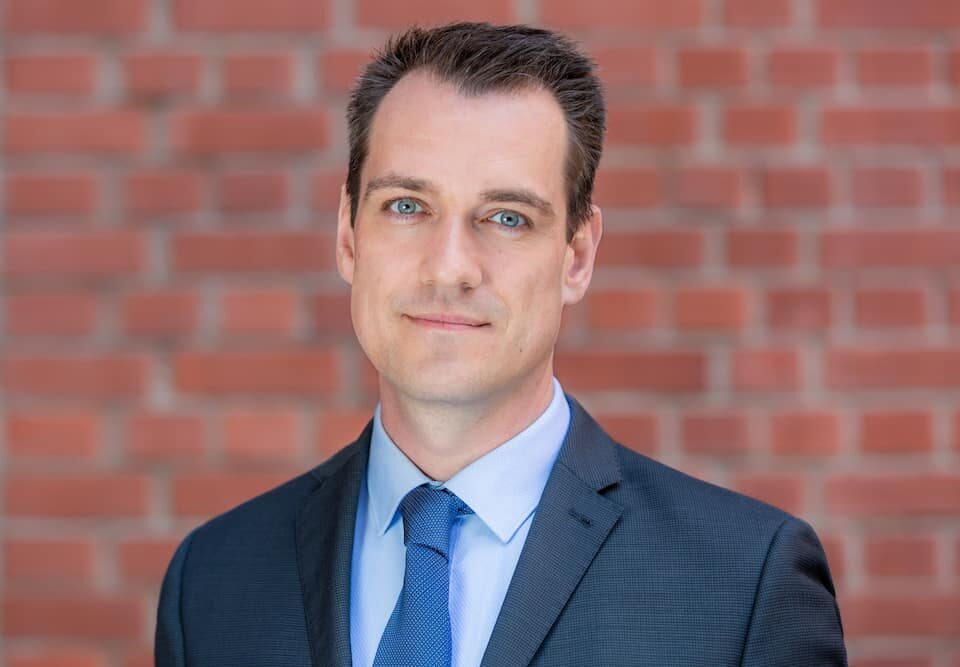
Overview
In 2009, a decades-long civil war came to an end. Since then, the international community, particularly through UN Human Rights Council resolutions, has focused on promoting human rights and reconciliation in Sri Lanka. In 2015, a new government was elected on a platform of reconciliation, good governance, accountability, and the foreign policy objective of positioning the country as a hub in the Indian Ocean region. The creation of a new constitution also seemed to be on the horizon. However, in 2018, Sri Lanka experienced a constitutional crisis when the Prime Minister was removed from office by the President in a move that the Supreme Court later determined was unconstitutional.
In 2019, following Islamic terror attacks on key locations in Sri Lanka’s capital city, Gotabaya Rajapaksa, the former Minister of Defense, was elected President with the promise of restoring the nation’s security. During his tenure, the constitution was amended to significantly hamstring parliamentary oversight and concentrate power in the Executive President. In 2022, due to systemic economic and political mismanagement, coupled with the COVID-19 pandemic and the Easter Attacks, which severely impacted the tourism sector, Sri Lanka was plunged into crisis once more. Protests erupted throughout the country and forced President Rajapaksa to resign. The former Prime Minister, Ranil Wickremesinghe, was appointed as the President by Parliament. In the context of economic instability and political uncertainty, the promotion of a rules-based international order and democratic principles such as the rule of law and respect for human rights are even more important but, simultaneously, difficult to ensure.
The Foundation has been active in Sri Lanka since 2017, working on various topics and with numerous project partners in response to the country’s unique context and needs.
Current projects in Sri Lanka
Completed projects in Sri Lanka
- Advancing Institutional Capacity in the Sri Lankan Justice System
- Advancing Knowledge on Transitional Justice in Sri Lanka
- Capacity Building for Judges and Lawyers in Sri Lanka
- The Implementation of UNCLOS: Supporting Maritime Governance in the Indian Ocean (Part IV)
- The Implementation of UNCLOS: Supporting Maritime Governance in the Indian Ocean (Part III)
- The Implementation of UNCLOS: Supporting Maritime Governance in the Indian Ocean (Part II)
- The Implementation of UNCLOS: Supporting Maritime Governance in the Indian Ocean (Part I)
- Sri Lanka: Supporting the Constitutional Reform Process
News Items

Foundation implements third and final workshop on economic, social and cultural rights of Sri Lanka

Discussion Series on Legislative Drafting, Legal Research and Writing

Workshop on the Implementation of UNCLOS in Sri Lanka and the Indian Ocean Region

Workshop on Implementing UNCLOS in IORA Member States & Maritime Law Enforcement successfully delivered

Foundation conducts workshop for lawyers from the Eastern and North Central Provinces of Sri Lanka
Contact

Johannes Krusemark-Camin
Email: Phone: +49 (0)6221 91404 23 (See full profile)
